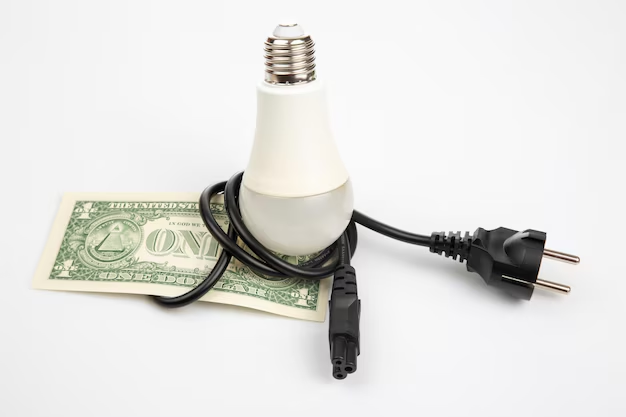Explore Electrician Salaries: What You Need to Know
When deciding on a career path, one factor that inevitably rises to the top of the list of considerations is income. If you've ever wondered, "How much does an electrician make?" you're not alone. Electricians are essential workers, maintaining and installing vital electrical systems in residential, commercial, and industrial settings. This article will delve into the average salaries of electricians, including the factors that influence these numbers, and guide you towards related financial opportunities.
Understanding Electrician Salaries
The income of an electrician can greatly vary based on several factors such as location, experience, and specific industry focus. As of the most recent data, the average yearly salary for electricians in the United States ranges between $50,000 and $70,000. However, this number can increase significantly with experience, specialization, and certifications. Master electricians and those with specialty skills such as industrial or maintenance work can earn upwards of $90,000 annually.
Factors Influencing Electrician Salaries
1. Location: Electricians in urban areas or regions with a high cost of living tend to earn higher salaries compared to those in rural locations.
2. Experience and Education: Entry-level electricians usually start at the lower end of the salary range, while those with ten or more years of experience or specialized skills command higher wages.
3. Industry Sector: The industry an electrician works in can also affect earning potential. For example, electricians in manufacturing or technical services often receive higher pay compared to those in residential construction.
Boosting Your Electrician Income
If you're considering increasing your income as an electrician, investing in further education and certifications can be a smart move. Obtaining a master electrician license or certifications in specialized fields can significantly boost your earning potential. Additionally, gaining expertise in newer technologies, such as solar panel installation or smart-home systems, can provide lucrative opportunities.
Navigating Financial Assistance and Education Options
While training to become an electrician does offer a high return on investment, it can come with its costs. Fortunately, there are various programs and solutions to help manage these expenses and pave the way for a successful career.
Financial Aid and Educational Grants
Numerous government aid programs and educational grants can assist budding electricians in pursuing their education without accumulating excessive debt. For those already working in the field, several resources can further streamline their financial journey.
Here’s a quick guide to some programs you might consider:
Federal Student Aid (FAFSA): 🏫 Assists with funding for your education, whether through grants, work-study, or loans.
Pell Grants: 📚 Aid for low-income students that does not need to be repaid.
State-financed aid programs: 🌍 Many states offer financial aid programs or scholarships specifically for vocational training.
Scholarships for Trade Schools: 🎓 Various organizations provide scholarships specifically aimed at those attending vocational schools or pursuing careers in the trades.
Apprenticeship Assistance Programs: 💼 Support through stipends during apprenticeship periods that can cover both educational costs and living expenses.
Opting for a career as an electrician can be a financially rewarding decision. With the right mix of experience, education, and financial planning, achieving a prosperous career is within reach. The path can be made smoother with the help of educational grants, financial aid, and other support mechanisms tailored to foster success in this essential trade.

